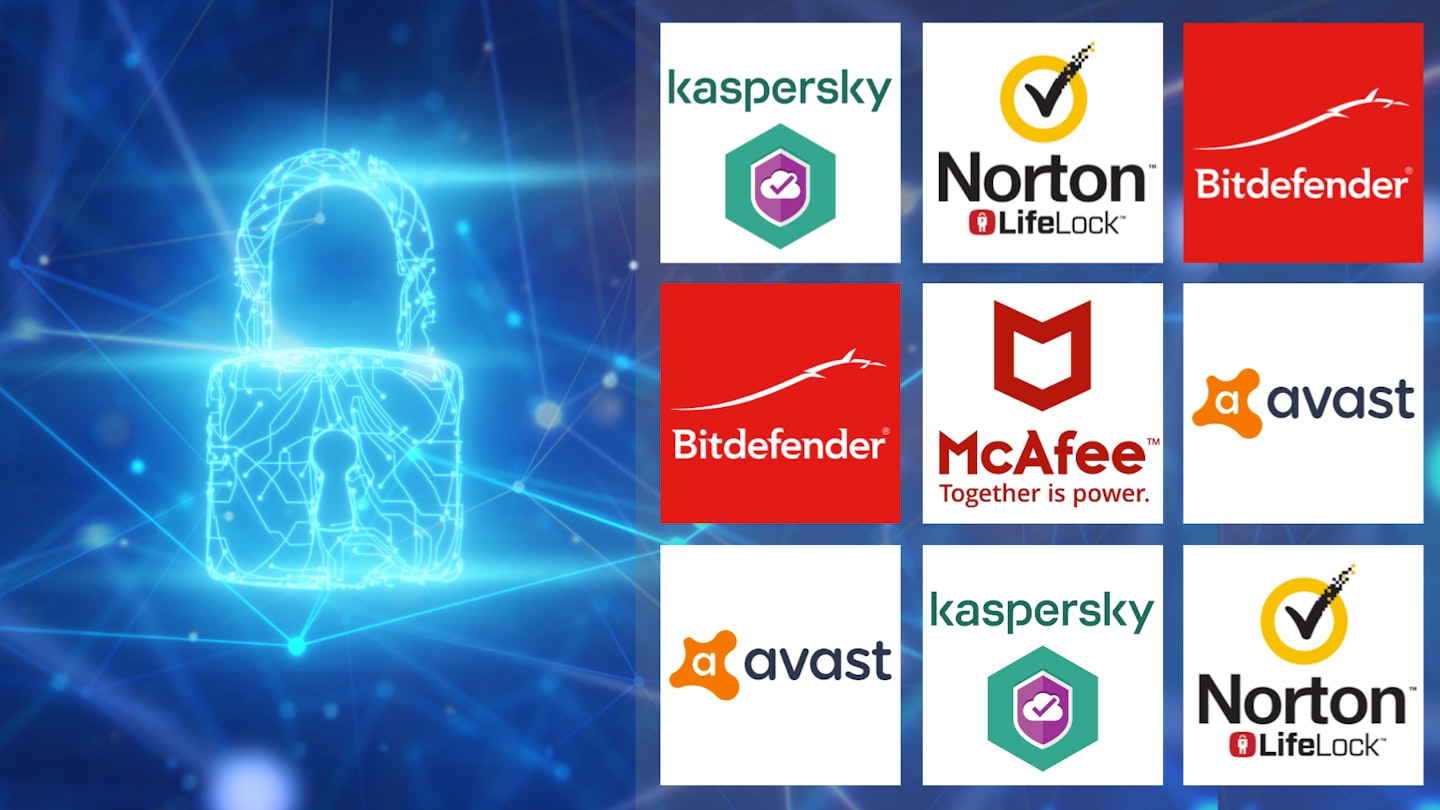The terms ‘internet security’ and ‘antivirus’ are often used interchangeably. It’s easily done, as there is an overlap between the two, both in terms of function as a method of computer security, and technicality, as antivirus software is always present within an internet security suite.
The best internet security 2021
When we talk about looking for a new internet security provider or hunting down the best internet security package, we’re referencing comprehensive packages. Each package is made from distinct and powerful protective software programs and services, each focused on ensuring a user’s online security and privacy, file protection and general computer health.
These security suites typically provide: antivirus, firewall, anti-spam, ad-blockers, malicious website protection, webcam protection, parental controls, and payment gateway protection.
In today’s market, it’s also increasingly prevalent to see cloud backup storage and some level of VPN functionality. (Don’t worry if some of these terms are unfamiliar - we’ve included a quick guide and jargon buster at the bottom on this page.)
These features, and many more besides, are not standardised – they’re not guaranteed to be included in a package, and if they are, the quality and parameters of a feature can vary wildly between service providers. To help you find your way safely through the crowded internet security marketplace, we’ve put many of the biggest names to the test to locate only the best internet security option available in 2021.
As our tech-driven society quickly moves more of our lives online, and with more people finding themselves working from home, we feel it’s important that only the best security options are recommended by us. The packages we’ve picked will protect multiple devices with one subscription, meaning that all internet-accessing PC desktops, laptops, tablets, and Android and iPhone smartphones, can benefit from a thorough security suite both inside and outside on the home.
They’ll also work across operating systems, and are provided by highly reputable and well-established cybersecurity companies.
So, if you’re looking for peace of mind while socialising online, shopping, banking, working or even gaming, here are our picks of the best internet security suites of 2021.
The best internet security packages:
Bitdefender Total Security
Norton 360 Deluxe
Kaspersky Total Security
Avast Ultimate
McAfee Total Protection Family
Please note: Some of the services and feature parameters offered by these packages may vary between Windows, macOS, iOS and Android. Prices accurate at the time of writing and subject to change.
Best internet security 2021
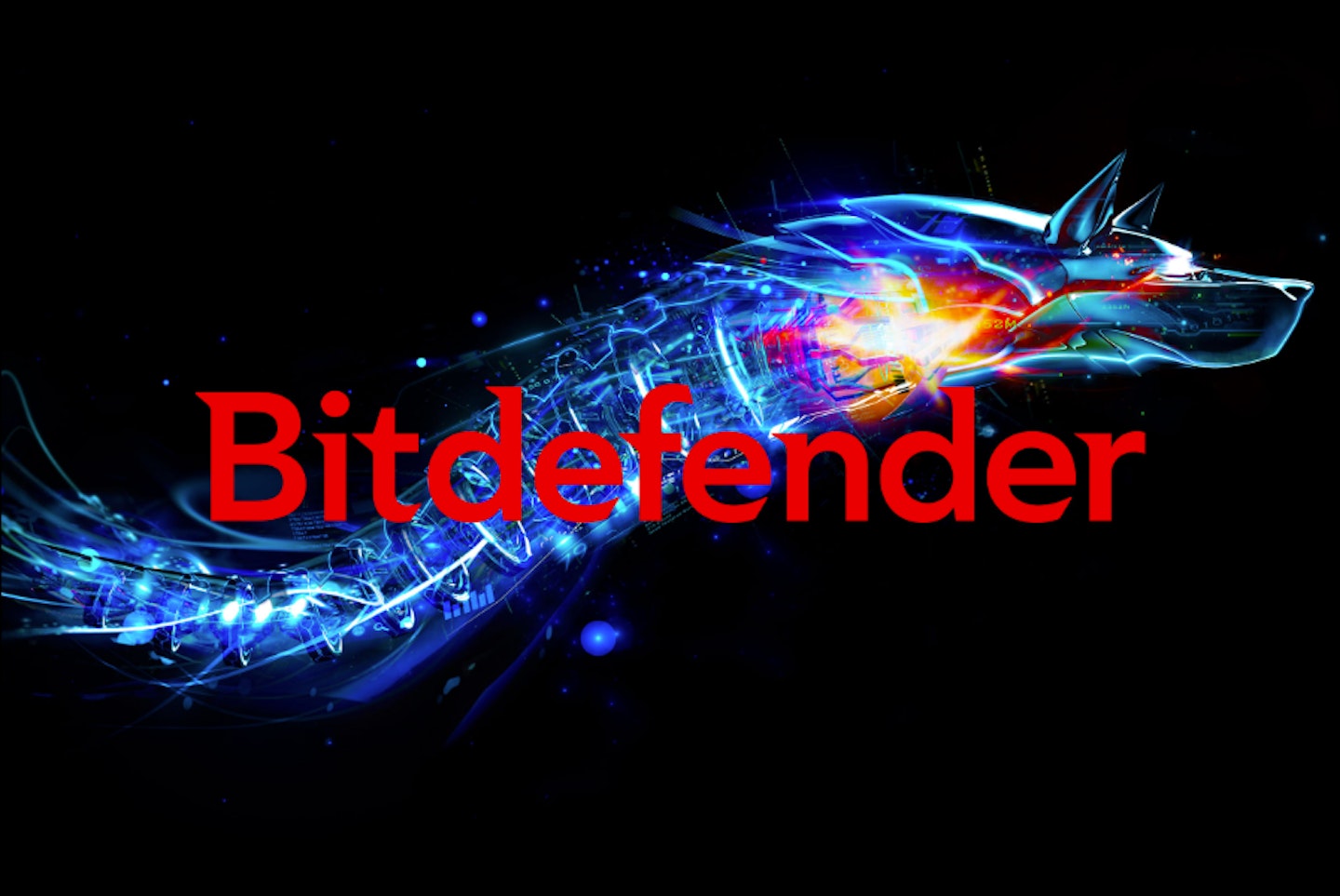 1 of 5
1 of 5Bitdefender Total Security
Comprehensive real-time defence****Works on: Windows, macOS, iOS and AndroidDevices: Five (£29.99), 10 (£39.99)Key Services: Multi-layered protection and threat detection, comprehensive privacy monitors, Autopilot smart security advisorTo say that Bitdefender's Total Security package offers everything anyone could ever need feels like a bit of an understatement. Starting from the base level requirement of having a respected and up-to-date antivirus feature, the service provides a firewall, Advanced Threat Defence, multi-layer-ransomware protection, file-less attack protection, WiFi hotspot security, microphone monitor, parental monitor, and an Online Threat Prevention module and Safepay dedicated transaction browser. There are also encrypted file vaults to protect against any ransomware that does make its way through the intricate defensive web.Further to these features, Bitdefender also provides an effective system optimisation and PC-cleaning software - this housekeeping feature-set helps with general computer maintenance and can improve system performance, including loading and booting times. This is only a highlight list – there's plenty more going on. Like we said, everything anyone could need.For the less tech-savvy, or those who are more than happy to just let the suite do its thing, Bitdefender runs on an Auto-Pilot mode by default. The suite's interface is very clean and clear, so if anyone did fancy having a nose around under the security's hood, it's a simple and easily understood affair. There's also a readily accessible online customer support for anyone who does get a little stuck. For multimedia fans and gamers, Bitdefender's Auto-Pilot can run automatic profiles, switching off notifications, and delaying performance-draining scans and housekeeping procedures until a better time.Due to the extensive features offered, there is some slowing of system performance, though we found it to be minimal, mostly moving the system boot time by a couple of seconds.Bitdefender has also included a VPN feature - its 200MB limit means that it's only suitable for very occasional use, such as making online payments of public WiFi. Those who are attracted to the (very good) idea of having access to a Virtual Private Network should opt for the best, dedicated VPN services.
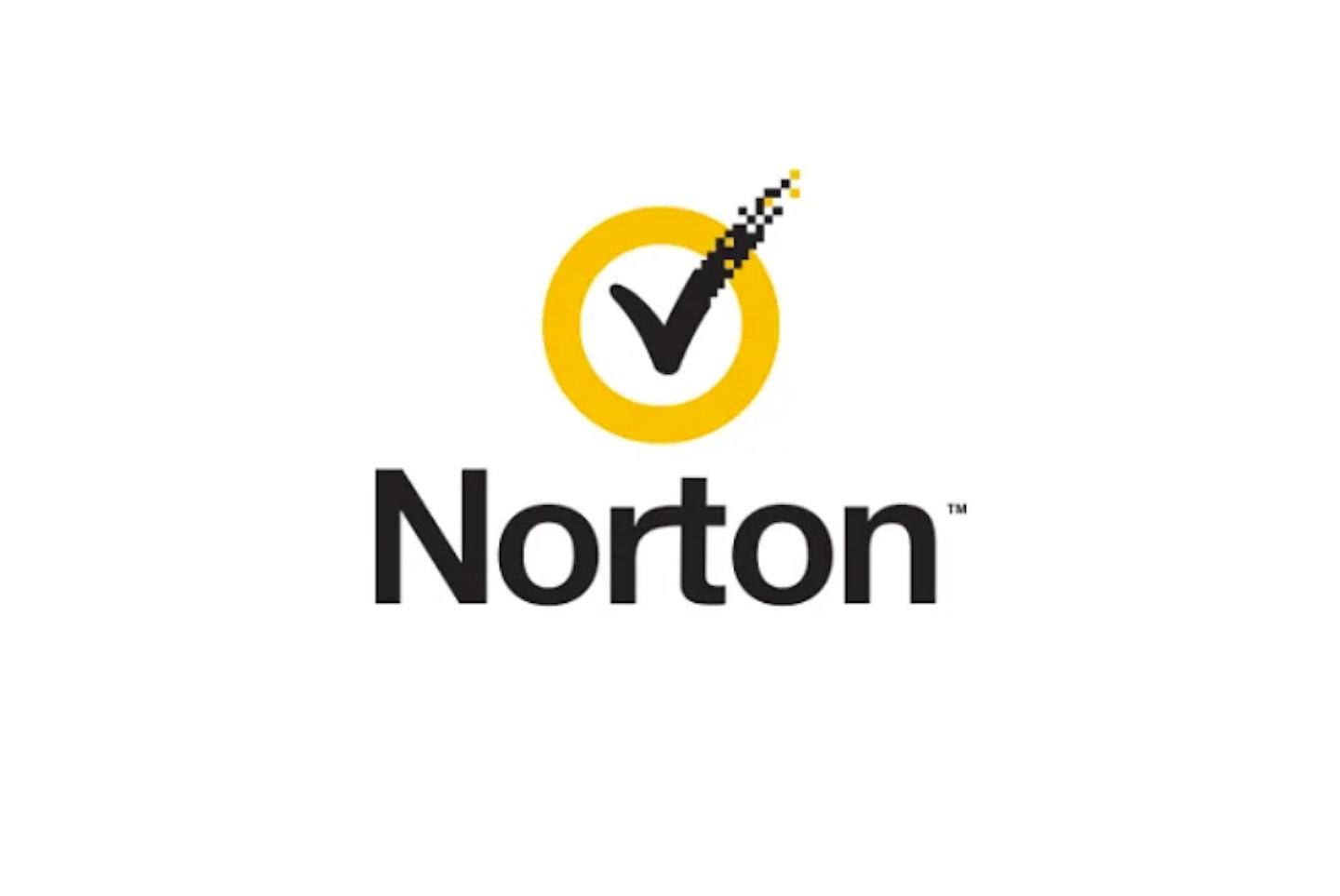 2 of 5
2 of 5Norton 360 Deluxe
Family protection for inside and outside of the home****Works on: Windows, macOS, iOS and AndroidDevices: Five (£34.99)Key Services: Real-time threat detection, powerful antivirus protection, extensive parental controlsMaybe to stand out from the crowd, Norton has named its comprehensive security suite 360 Deluxe, rather than opting for a twist on 'total security'. Thankfully, it hasn't limited its innovation to name-giving.Norton's feature set is well stocked and highly reliable. It includes firewall, malware detection, browser protection, PC webcam security and online backup tool, which provides a generous 50GB of cloud storage. The real-time threat detection and antivirus protection is thorough, and Norton will alert you if your personal and banking information is found on the Dark Web. There's a manager for the safe storage of complex, hard-to-hack passwords, and some simple maintenance tools to help improve a system's overall health, with disk optimisation, file clean-up and start-up manager.The parental controls run deep, as the Deluxe package includes a free Norton Family subscription. This service allows parents to keep their children safe online through a number of means, including tracking watched videos, websites visited and searched terms. School and homework timers can be set to reduce distractions, and weekly and monthly usage reports detail a child's screen time. When installed on a smartphone, Norton Family can track app downloads and supervise the child's location via GPS, in addition to providing a 30-day location history.The bundled and integrated VPN is worth talking about here, too, as it provides a strong extra layer of security for all devices – especially for those that regularly head out of the house and use public WiFi connections. Norton's VPN provides some respectable connection speeds, coming close to matching dedicated VPN services. For the casual and everyday user, this will likely be enough, but for those looking to gain the comfort of server choice, leak protection, kill switches, and split tunnelling, then a standalone VPN solution will still be best.There was a time when having Norton installed on a device meant suffering through a severe system performance drop off – no longer, thankfully. Though, as with any heavy-duty security program, some system drag is inevitable, here the effect is negligible - especially considering the benefits rewarded for such a meagre performance sacrifice.
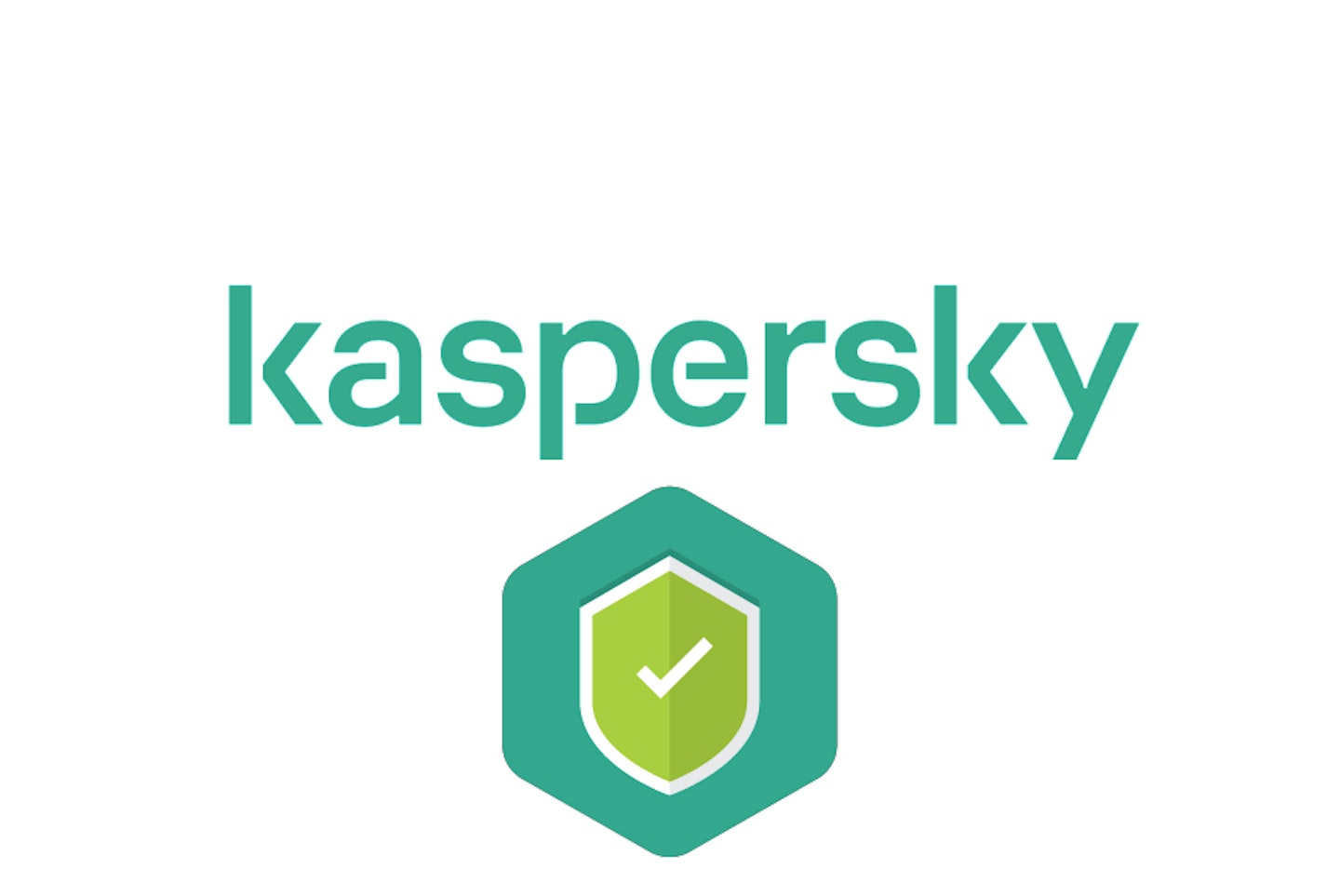 3 of 5
3 of 5Kaspersky Total Security
Good protection that's light on system performance****Works on: Windows, macOS, iOS and AndroidDevices: One (£19.00), five (£29.99)Key Services: Solid antivirus and malware protection, password management, child safety featuresThe Total Security package from Kaspersky is a solid offering, providing reliable protection and some interesting features – especially for parents.As the name suggests, everything is here – antivirus and malware protection, comprehensive scans, adept firewall, software update checker, secure web browser, webcam protection, payment encryption, advanced password manager, spam filter, and local back-up managers.For those looking to ensure their child's safety online, Kaspersky's Safe Kids parental control module will be an important tool. In addition to smartphone GPS tracking, the social media feature tracks your child's online mentions and friendship connections. This latter point is a powerful oversight tool, especially when combined with the baseline child protections of filtered web content and time limitations. These features push Kaspersky's conscientious parenting credentials close to that of Norton.For those conscious of system performance impact, Kaspersky does a pretty good job of limiting its impact by cleverly stop-starting and prioritising tasks depending on live system use. If your keen on maintaining your privacy, you may want to turn off the Cloud Protection feature, as this feeds visited website and app data back to Kaspersky.The most basic part of any security suite is antivirus, and Kaspersky's is just that – basic. It'll protect a system excellently and keep an updated database of threats, but not much else. For many users, this won't be an issue, but some will prefer the configuration options and extra antiviral features offered by competitors.
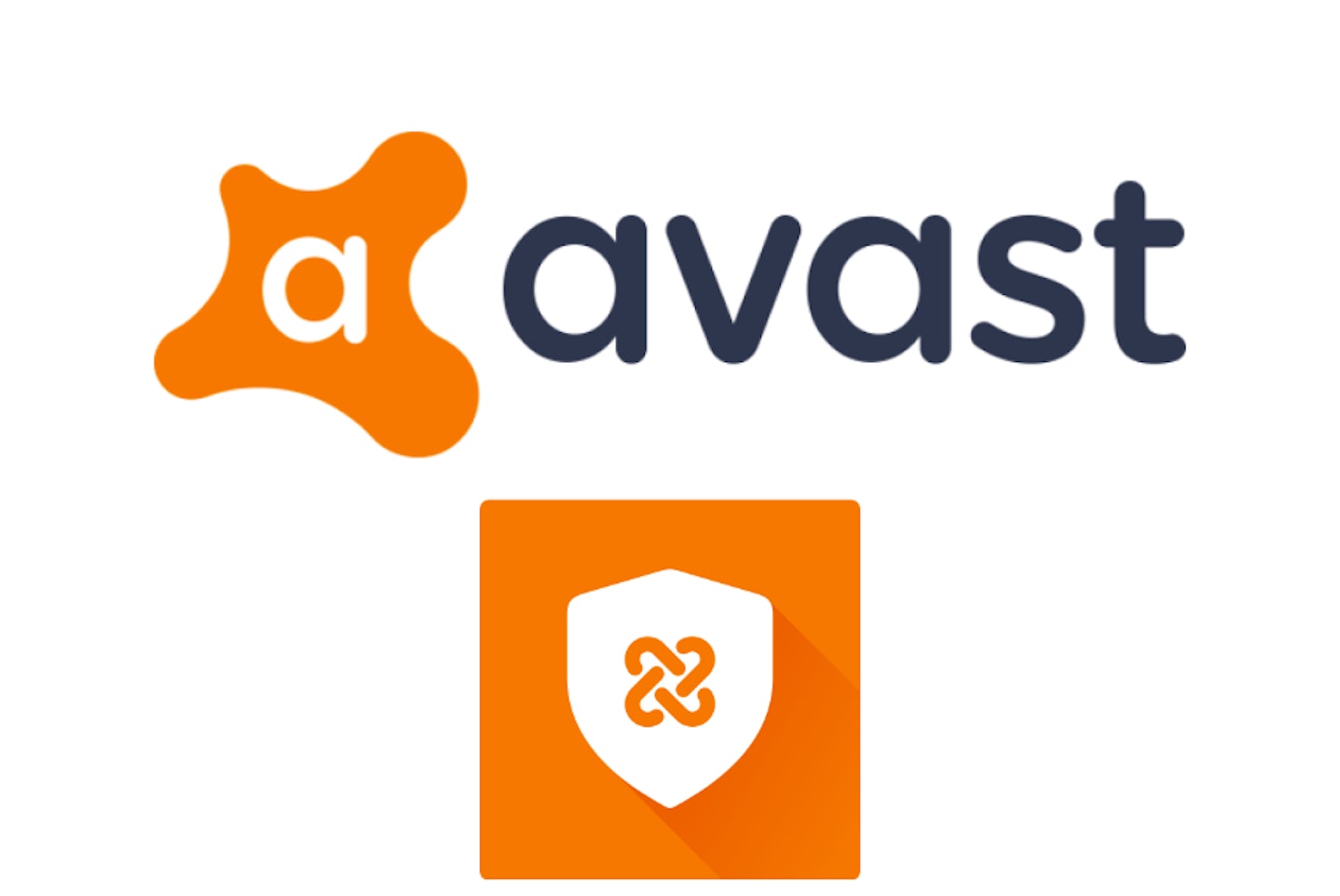 4 of 5
4 of 5Avast Ultimate
Neat internet security and VPN bundle****Works on: Windows, macOS, iOS and AndroidDevices: One (£59.99), 10 (£64.99)Key Services: Reliable total security package, VPN accessAvast, king of the free antivirus, has a premium option. Anyone who has used the free suite will know this, of course, courtesy of those pesky 'upgrade now!' pop-ups. As it transpires, if you take its advice rather than hitting close as quickly as possible, Avast offers a rather neat total security package.On top of its antivirus, Avast Ultimate builds a comprehensive security platform, featuring firewalls, ransomware shields, malicious site blocking, webcam shielding, password management, and network connection protection. Like its competitors, the suite also offers up optimisation tools and a secure browser, though the high level of customisation available means that some feature installation and activation options can be user-defined, which is great news for those who prefer to perform their system maintenance elsewhere. This configurability also helps to limit the service's impact on system performance.The real strength of the package comes with the inclusion of Avast SecureLine VPN. Courtesy of Avast's HMA VPN ownership, Ultimate has access to servers located in 36 countries, with a kill switch and DNS leak protection – which is something that some competitors could (and should) learn from. The connection speeds are respectable, and the basic functionality provides the security of a VPN, though without necessarily proving all of the perks. Nevertheless, this is a valuable addition to Avast's otherwise pretty standard security suite, making it a worthy consideration for anyone looking to integrate a VPN into their tech-lives on a semi-regular basis.
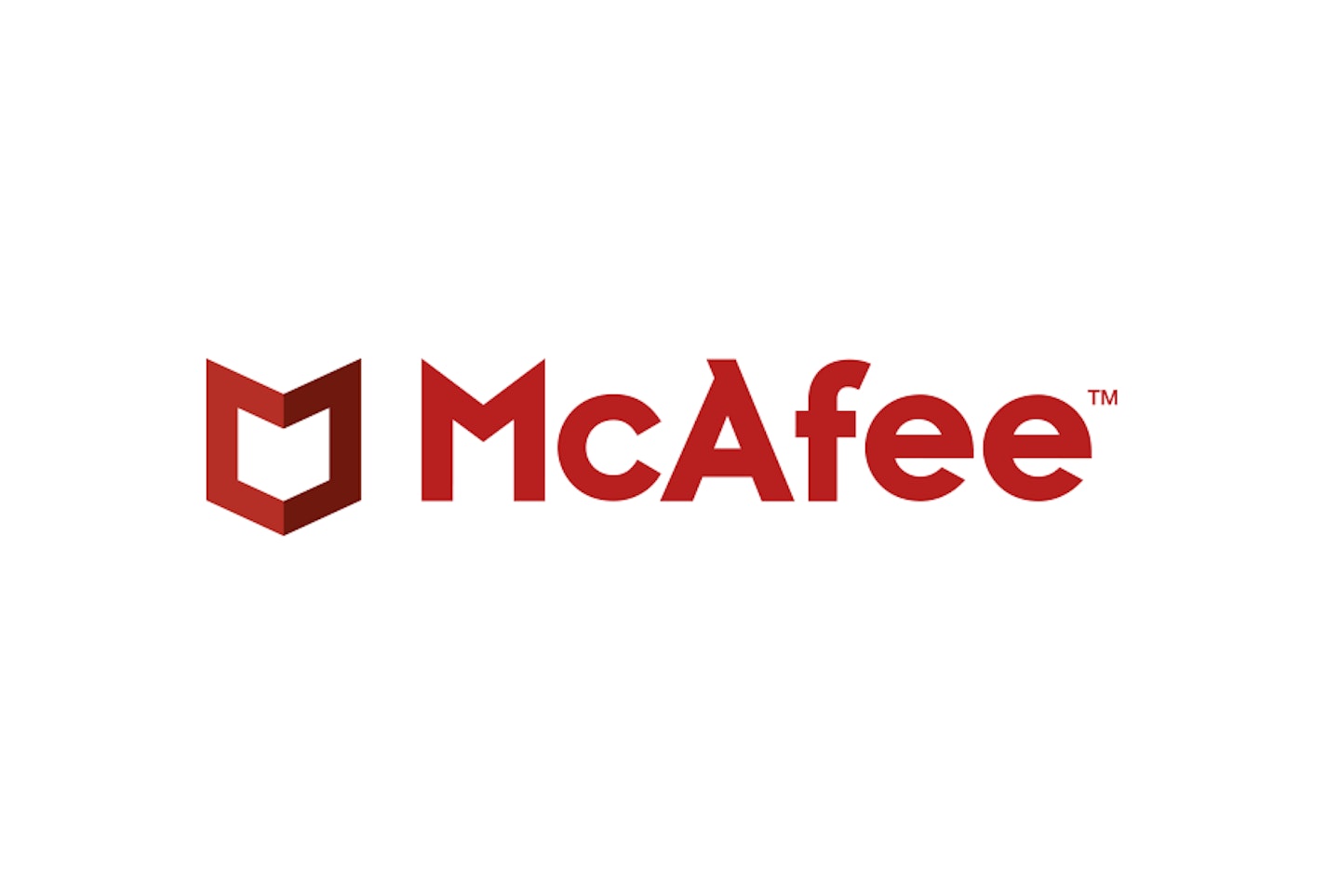 5 of 5
5 of 5McAfee Total Protection Family
Good value for a household of devices****Works on: Windows, macOS, iOS and AndroidDevices: One (£29.99), five (£34.99), 10 (£39.99)Key Services: Full internet security features, home network defence, multiple device protectionMcAfee Total Protection is a good multi-device security platform, offering enough protection for the casual device user. The antivirus and firewall are reasonably robust, protecting devices against many of the malware threats that lurk out there on the web. Password manager, ransomware protection, spam filter, app boost optimisation, QuickClean temporary file cleaner, file encryption, and file shredding are also present and correct.McAfee has managed to maintain a clear and concise interface, which though may seems clunky and inelegant to some more advanced customers, can be easily navigated by novice security users. It's worth spending a little time looking around here, as this is the place to turn on some pretty important features, and initiate scans. The McAfee app also offers this simple interface, allowing accounts and connections to be managed with ease.While the features are all in place and operate to a degree acceptable to light internet users, those who spend their lives online, or like to get into the nitty-gritty of their security protocols and features, may want to look for a more robust and accomplished package.
So, what’s the best internet security suite?
Our top pick has to go to Bitdefender Total Security. While we stand by all our other recommendations, Bitdefender’s interface, smartphone app, feature package, negligible performance impact, and price point just tip the balance in its favour.
For parents, this answer could easily flip to Norton 360 Deluxe. The general internet security functions are top-notch, and the parental controls are undeniably good at keeping kids safe online.
If you're looking to double down on your internet security and privacy, you'll want to read our best VPN guide.
What about free internet security?
Gone are the days of ‘that’ll do’ computer security options. The internet’s prevalence in our lives is already huge, and its ever-increasing prevalence isn’t going to slow down anytime soon. While a free antivirus program is better than no program at all, the safety that it offers is minimal.
The difference between some free antivirus software and a comprehensive suite is much like the difference between a garden fence and Fort Knox. Sure, the garden fence will stop most people from stepping on your property, but if someone wants to get over it, they can. A full internet security suite, the Fort Knox of personal device protection, can fend off even the most hard-headed of hackers and malware scams.
If your concern is regarding affordability, many of the companies we’ve listed will run offers and discount prices throughout the year. At the time of writing, our top pick Bitdefender is offering a year of excellent protection for only £29.99 – that works out to be under £2.50 a month.
Can I use internet security on my Android or iPhone smartphone?
Yes, so long as you select a package that works on Android and iOS operating systems (all of the ones we recommend will work for you). The services will require an app download.
What's antivirus?
Antivirus, or antivirus software, is a program that is used to protect a computer system from viruses and malicious software, known as malware. Antivirus can also help to detect ransomware, keyloggers, spyware, identity theft attempts, and phishing attacks.
Antivirus is an essential tool in protecting a computer system from cybercriminals. This is the minimum level of protection anyone should be equipped with before using the internet.
What's a firewall?
A firewall monitors the flow of incoming and outgoing network traffic, and controls them both based on predetermined rules. This process can help stop cyber threats from gaining access to a system via a compromised or disingenuous connection.
Though a firewall’s parameters can be customised by a user, like the antivirus software, the required settings are usually defined by default.
What’s ransomware?
Ransomware is a type of malware that encrypts a person’s computer files, and will not grant access until a payment has been made. Ransomware may also begin to delete files if payment is not made.
There are many ways ransomware can get into a system, but often such malicious software is hidden inside an email attachment or downloadable file which is designed to trick a user into downloading and opening it. Many of these scams get trapped in spam folders, but on occasion a new form will sneak through.
Anti-ransomware software is used to detect such malware, alerting, or blocking a user’s interaction with such a file.
Backups and encrypted file vaults also provide some extra insurance against such scams.
What is a fileless attack?
McAfee describes a fileless attack, also known as fileless malware, as “a type of malicious software that uses legitimate programs to infect a computer. It does not rely on files and leaves no footprint, making it challenging to detect and remove.” While such malware is hard to detect, this infiltration tactic has been around for a number of years and cybersecurity companies have ways of combatting an attack.
As an end-user, and potential target of a fileless attack, the best thing you can do to protect yourself from fileless malware is to take care when opening and downloading attachments and to pick a comprehensive, real-time security package and keep it updated.
What’s a VPN and what is it used for?
VPN stands for ‘Virtual Private Network’, which is a connection method known for its increased privacy and security benefits.
A VPN hides a device’s IP (Internet Protocol) address and replaces it with another from a secure server, thereby masking the location of the original device. A VPN will typically, but not always, encrypt the data that is being transferred. This encryption keeps a user's data transmission away from prying eyes.
Encrypted and masked connections allow users to retain control over their data and anonymity. This layer of protection is something to value, especially when using open and public WiFi connections, which are often insecure. VPNs are also capable of circumventing geo-locked content and sites. Thanks to a VPNs ability to make a user appear to be connected from another location, it fools sites into granting access.
If you’re interested in knowing more about this type of connection, be sure to read out guide to the best VPN services, where we break down the most valuable perks on a dedicated subscription.
READ MORE: THE BEST VPN SERVICES 2021
What is a password manager?
A password manager is “a software application designed to store and manage online credentials” in an encrypted database, according to the Malwarebytes Labs. Password managers can also generate new secure passwords.
Password managers are extremely secure ways of storing passwords and log-in details. In our digital world, we are tasked with remembering more and more passwords. These managers streamline the process and considerably enhance your online safety.
What’s encryption?
Encryption is a method of locking a file's contents away from prying eyes by having it encoded, which makes the file unreadable without a cipher. The scrambled data can be read by authorised parties. There are varying levels of encryption, each offering more complicated, and therefore more secure, levels of encoding.
Encryption sounds complicated, but the encoding that happens with internet security suites is all dealt with automatically – allowing users to reap the benefits without a Ph.D. in Mathematics.
If you'd like to know more, check out this quick guide to encryption basics:
What is the Dark Web?
The Dark Web is a section of the internet that cannot be found by search engines, as it cannot be indexed. Access to the Dark Web requires the use of a specialist internet browser that keeps a user anonymous and masks their physical location.
Though not all activity that happens on the Dark Web is illegal, there’s a considerable portion of its dedicated to criminal enterprise in one way or another. This includes the sale of stolen personal information, user names, passwords and banking details.
A service like Norton’s Dark Web Monitoring will alert you if your information is discovered on Dark Web sites. More generally, the best way to protect yourself from having information stolen is to practice safe, legal online behaviour, use a reputable internet security package, and be mindful when downloading files and following links. You may also want to consider the use of a VPN.
